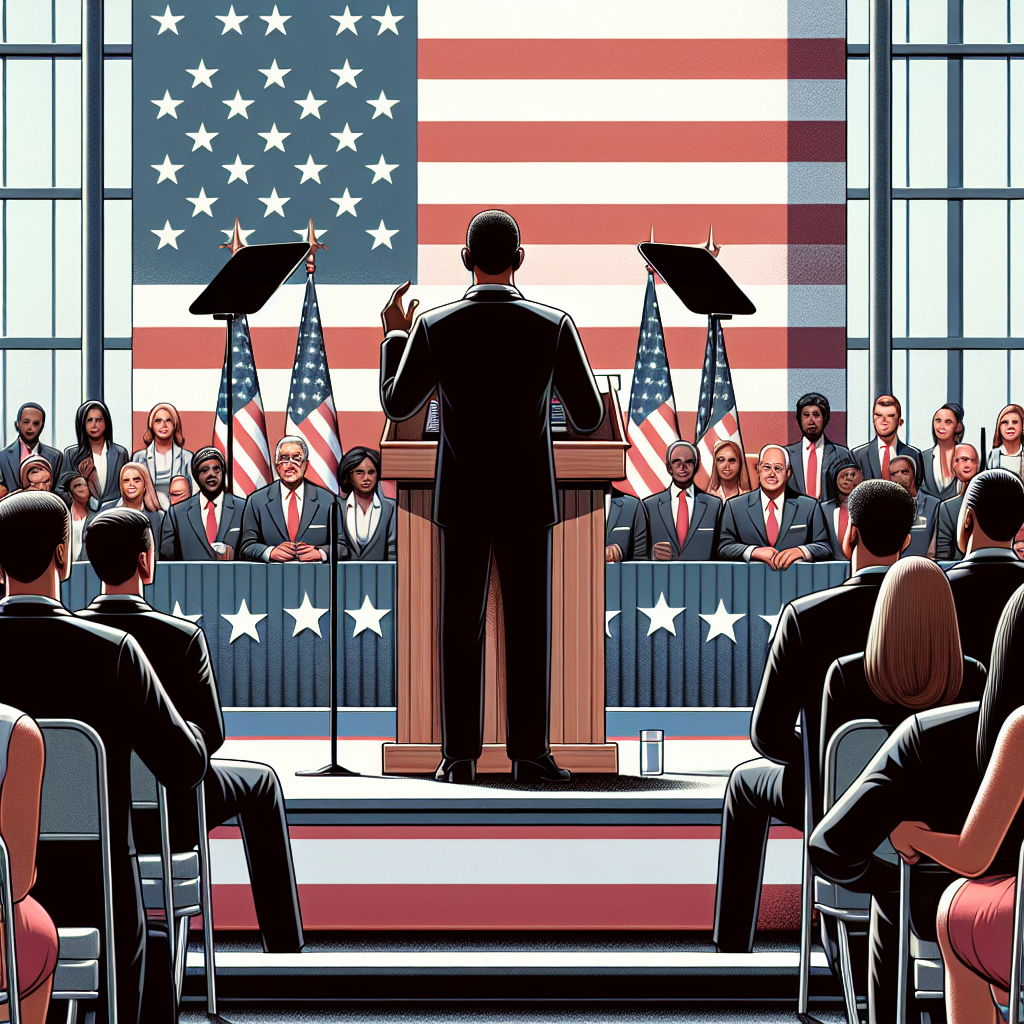Controversial Speeches: The Nexus of Protest and Violence in Delhi
The Delhi High Court examined speeches by Umar Khalid, Sharjeel Imam, and others in connection with the February 2020 Northeast Delhi violence. The prosecution argued that these speeches induced fear by referencing CAA-NRC, Babri mosque, triple talaq, and Kashmir and contributed to a concerted plan to incite violence.

- Country:
- India
The Delhi High Court on Thursday scrutinized the role of speeches made by Umar Khalid, Sharjeel Imam, and others in the widespread violence that shook Northeast Delhi in February 2020. These speeches, according to police claims, incited fear by touching on volatile subjects such as CAA-NRC, the Babri mosque, triple talaq, and Kashmir.
The special public prosecutor, Amit Prasad, argued against bail pleas for the accused, emphasizing that their speeches followed identical lines and were part of a larger plan that allegedly escalated into violence. Prosecutors accused Umar Khalid of providing a provocative speech and evading accountability by leaving Delhi during the violence.
The defense highlighted prolonged incarceration and compared their case with other granted bails. The prosecution countered with testimonies from protected witnesses, suggesting a coordinated strategy involving women's participation in protests and strategic management by Jamia students. The High Court is set to hear the matter again on January 21.
(With inputs from agencies.)
ALSO READ
Jammu and Kashmir's Struggle for Power Amid Winter Chill
Tensions Rise: Kashmiri Shawl Sellers Targeted in Himachal Pradesh
Kashmir's Young Voice: Ayaan Sajad Receives Prestigious Bal Puraskar
Remembering the Legacy: Manmohan Singh's Impact on India's Economy and Jammu & Kashmir
Crackdown on Terror: Properties Seized in Jammu and Kashmir










